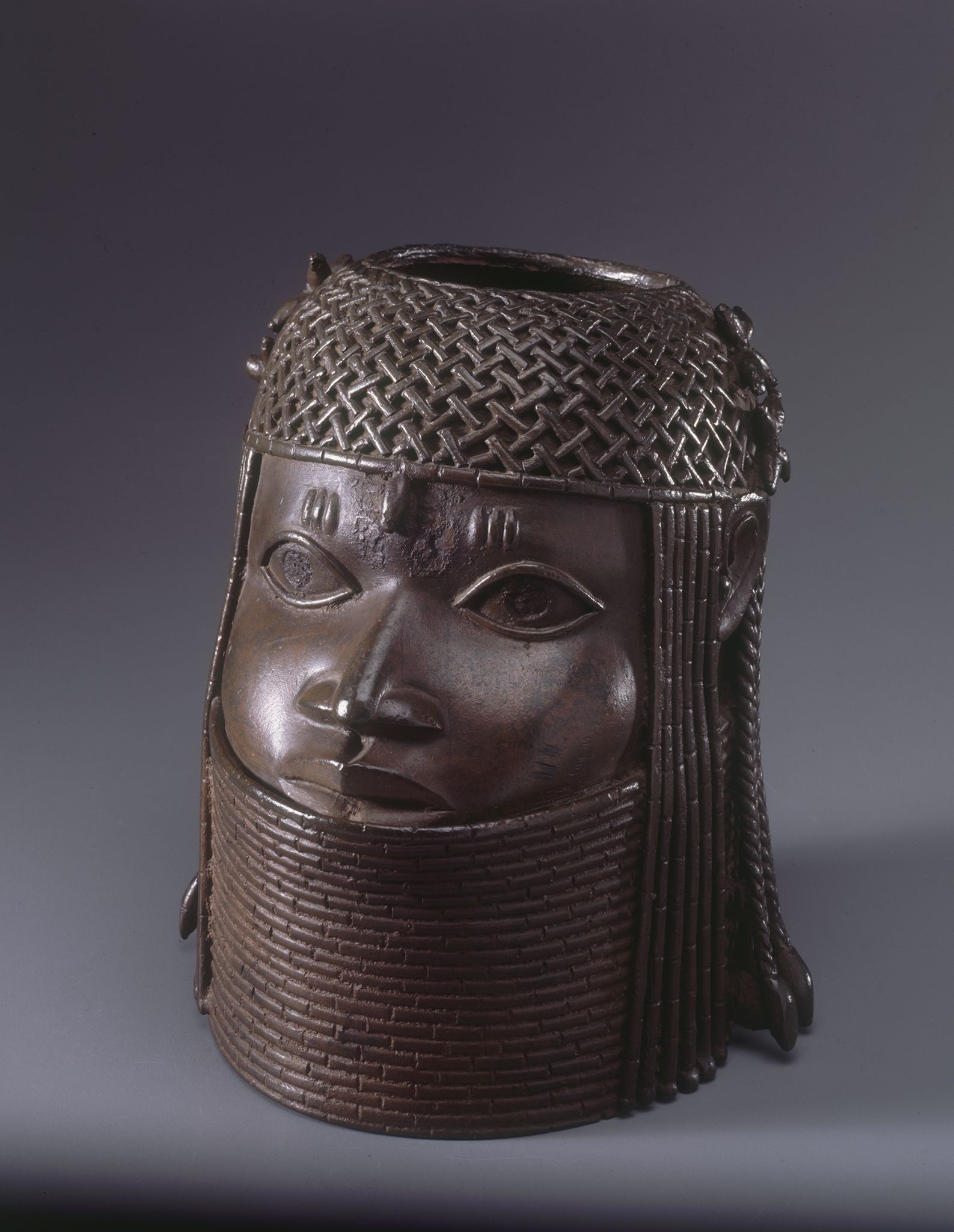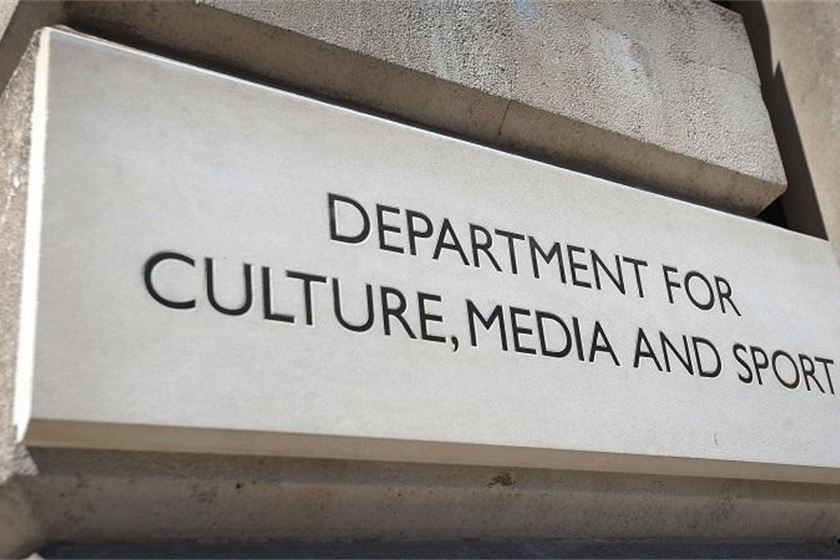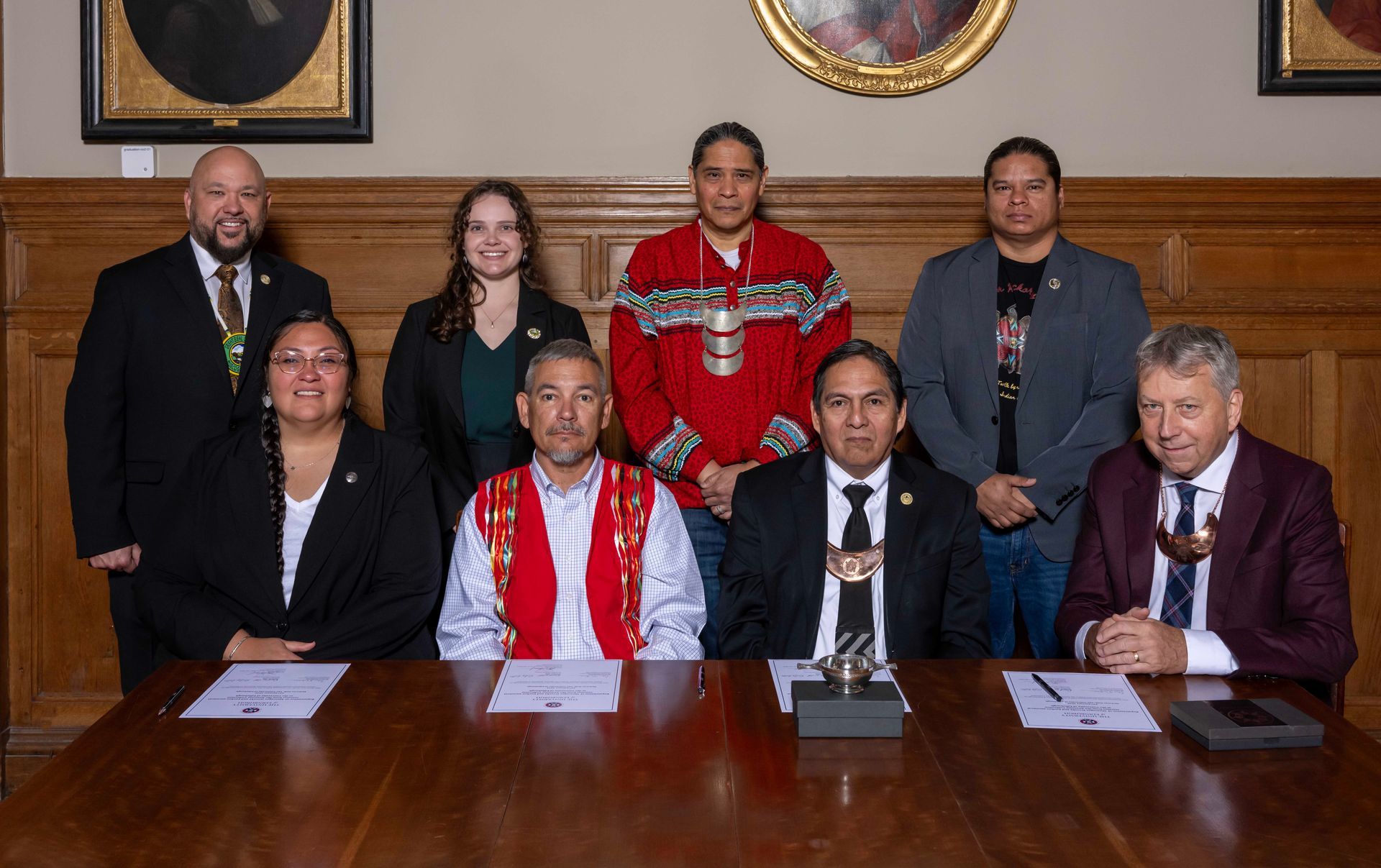Cultural Restitution
SHARE ARTICLE
“We need to reconsider our relationship with objects” - one of several uplifting sentiments that caught my attention at last week's Museums Association annual conference held in Brighton.
It was Errol Francis, CEO of the independent arts charity Culture&, who spoke the words, but he wasn’t alone. Other delegates and session panellists shared the same conviction: it’s time museums started telling the stories of people and experiences, rather than relying on objects to tell the full story.
It was the kind of debate that could drive the issue of decolonisation forward. And there were plenty at this conference eager to see it driven forward. But there were also others stuck on which is the right direction to take.
One of the conference's most topical issues, described by Robert Storrie, Keeper of Anthropology at the Horniman Museum and Gardens, as the “wicked complexity” of decolonisation, came to the fore at the session entitled What next for the postcolonial museum.
Evidencing signs of discomfort at how divergent their institutions are approaching this issue, the three curators on this panel showed why progress towards a single solution is still a long way off.
Storrie didn't have any confidence in the status quo , kicking off the session by saying he believes a complete shift in our societies is needed before a postcolonial museum will ever be realised. This involves being more proactively engaged with the communities from where the objects were sourced. “We don’t have it yet”, he claimed.
Then Bambi Ceuppens, an anthropologist from the Royal Museum of Central Africa in Belgium, went on to prove his point.
Some Belgians, she explained, want to keep the Royal Museum as a monument to their country’s colonial past. Once a ‘museum of propaganda’, the Museum is now struggling to come to terms with its colonial past and to create a fresh identity in a new, post-colonial environment. Certainly there are some “problematic” objects in their collection (the largest holding of Central African items in the world), but Ceuppens insisted they've received no urgent demands from the Congo for their return. No one had even spoke about restitution, she claimed, before publication of the Sarr-Savoy report last November (2018).
Jonathan Fine, Curator at the Ethnologisches Museum, Staatliche Museen zu Berlin, was equally explicit. Justifying Germany’s uncompromising, even “non-collaborative” approach to curating, he claimed the needs and desires of the German people are different from those people represented in their museum. However, he surprised many of us by also claiming while Germany may be used to dealing with its “very difficult pasts”, the way they are dealing with World War II restitution issues now threatens the way they are dealing with their colonial past. This, he said, requires a “different, very open mind”.
So, what chance for common solutions?
The panel did agree that countries need to own up to their responsibilities. However, Fine insisted it’s a misunderstanding that to ‘decolonise’ changes the role of a museum fundamentally. Decolonisation should take place through museums, he maintained. “It must take place, but if you decolonise museums, you’ve decolonised expectations”.
A focus on the 'ownership' of individual objects (i.e. returning objects) during the debate was perhaps inevitable. Ceuppens said that whether objects should be returned or not must depend on their specific context. Transferring ownership of certain objects in the future will take place, but these objects should be prioritised. Future access, as well as a capacity for storage and display, also have to be considered in future conversations with claimants.
Storrie’s view was different. Once the moral and ethical case is made for a restitution, western museums should not exact any conditions for an object’s return.
Errol Francis's words seem to ring true. Before decolonisation can ever become a reality, perhaps more of our museums must acknowledge their responsibility to listen to the voices and narratives of the people that underpin the objects in their collection.
Sharing the knowledge of how an object entered a collection will help build relationships with those communities, will challenge institutions to come to terms with their colonial past, and will help forge a museum's new role in a post-colonial world.



